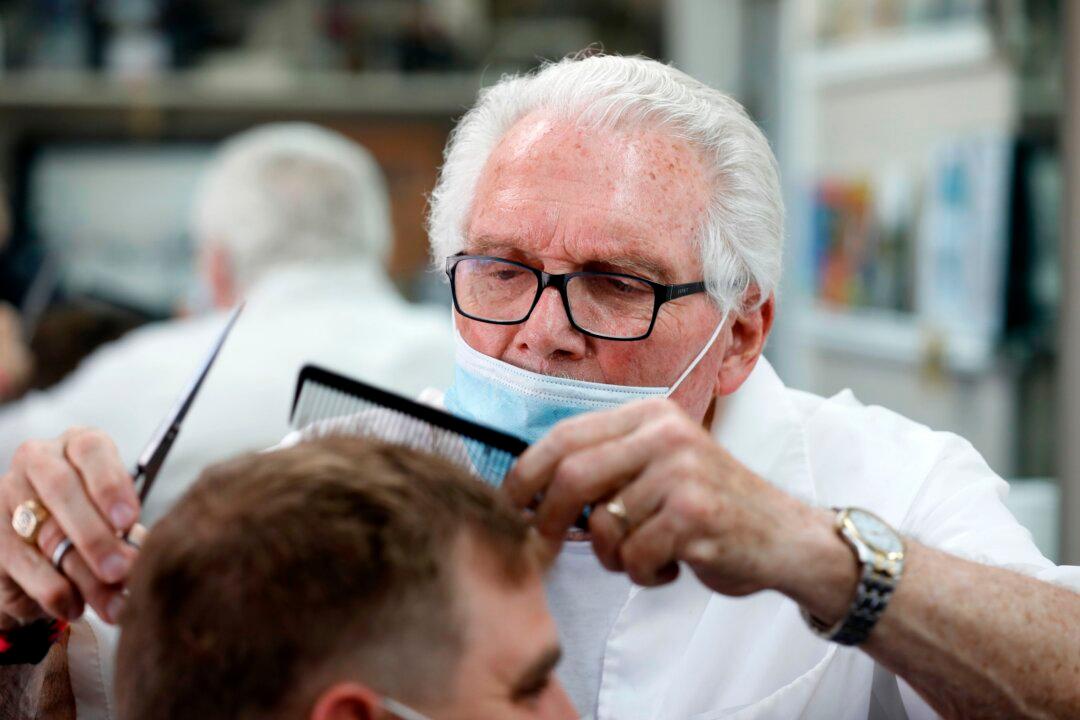Michigan state has agreed to dismiss the lawsuit against a barbershop owner who had his license suspended after he cut hair during Gov. Gretchen Whitmer’s “non-essential” business shutdown.
The Department of the Attorney General agreed to a full and final dismissal of the Michigan Department of Health and Human Services’s lawsuit against 77-year-old Karl Manke, his attorney David A. Kallman said in a news release.





